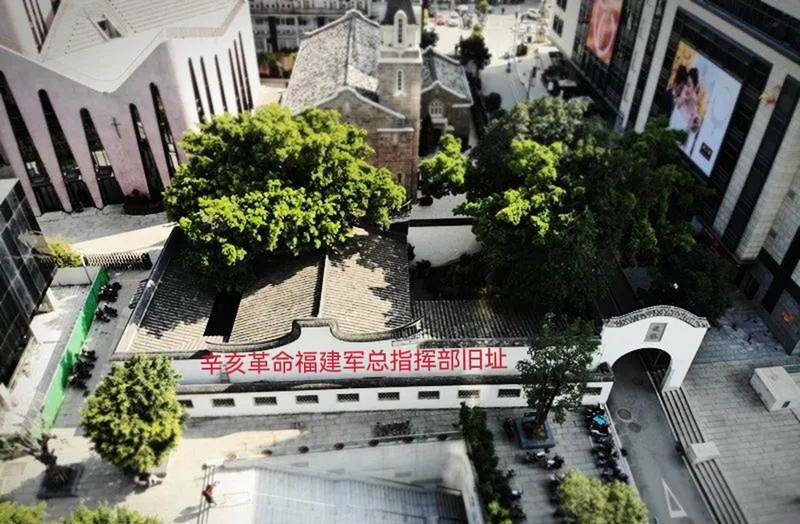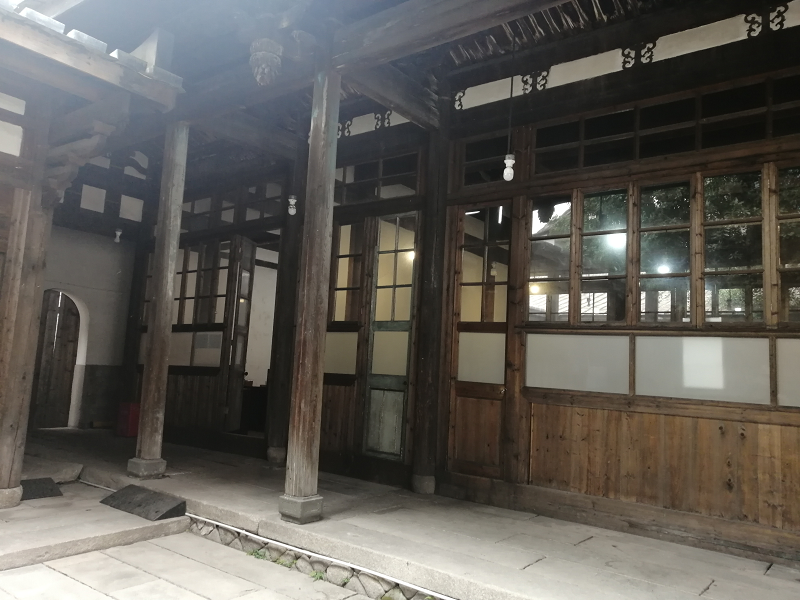Inside the courtyard of Flower Lane Church in Fuzhou, Fujian, the words "Holy to the Lord" are written on the saddle wall of an ancient house with a history of more than a hundred years, which used to be the residence of a Ryukyuan king during the Qing Dynasty. In 1915, the Methodist Episcopal Mission purchased the ancient house and established a church within it. In 1938, on the east of the ancient house, a stone house church was built named Siong Iu Dong (now Flower Lane Church), intended for fellowship.
In 1911, Dr. Sun Yat-sen, known as the father of modern China, led the 1911 Revolution (or Xinhai Revolution) that overthrew China’s last imperial dynasty and ended the rule of the feudal autocratic monarchy for more than two thousand years. The Fuzhou Revolutionary Party established the general headquarters of the Fujian Army in this ancient house, carrying out the revolutionary movement to found the Republic of China. After its liberation, listed in the third batch of municipal cultural relics protection units in Fuzhou, this year the old site was included in the first batch of revolutionary cultural relics in the Fujian Province.
A worker of Flower Lane Church Office said that the church had spent more than 1.6 million yuan in 2017 to repair the ancient house, which now has become a place for patriotic education in Fuzhou, in order to retain Sino-Ryukyu relations and to preserve the historical testimony of China’s 1911 Revolution.
- Translated by Abigail Wu













